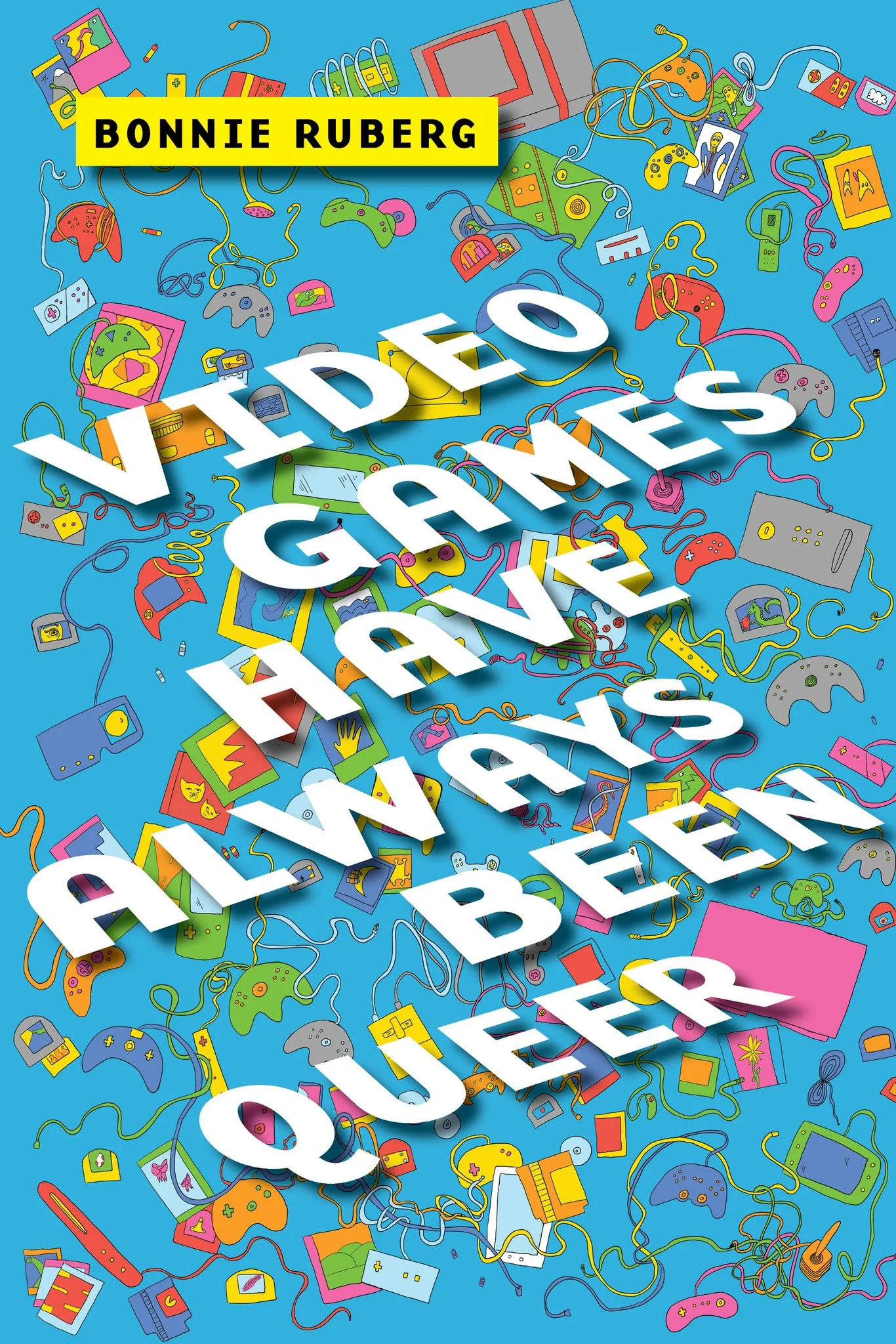Bonnie Ruberg at Playthink: 9/10/19
Bonnie Ruberg, Ph.D. is an assistant professor in the Department of Informatics and the Program in Visual Studies at the University of California, Irvine. Their research explores gender and sexuality in digital media and digital cultures with a focus on queerness and video games. They are the author of Video Games Have Always Been Queer (2019, New York University Press) and The Queer Games Avant-Garde (2020, Duke University Press) and the co-editor of Queer Game Studies (2017, University of Minnesota Press). Ruberg is also the co-founder and co-organizer of the annual Queerness and Games Conference. They received their Ph.D. with certification in New Media and Gender and Sexuality Studies from the University of California, Berkeley and served as a Provost's Postdoctoral Fellow in the Interactive Media and Games Division at the University of Southern California.
For this Playthink session, we’re changing up the format! Bonnie will do a talk at 5:30PM in SCB 104 (just next door in the Animation building) and we will do our podcast interview earlier in the day. If you are in the neighborhood, please come to the talk and, if you can’t make it in person, look for the follow up interview here on the Playthink podcast!
Talk abstract:
"Video Games Have Always Been Queer"
Video games are a site of rich potential for exploring gender, sexuality, and identity. This talk explores the relationship between video games and queerness. It looks beyond LGBTQ representation in games (such as the inclusion of LGBTQ people and romances on screen) and argues that video games themselves can be understood as queer. To do this, it points to three key ways of finding queer experiences within games: through interpretation, through play, and through design. Looking forward to future work, it also demonstrates the queer implications of the underlying technologies on which video games are built. At once conceptual and political, this work insists that queer people have always belonged in video games, because video games have always been queer.





